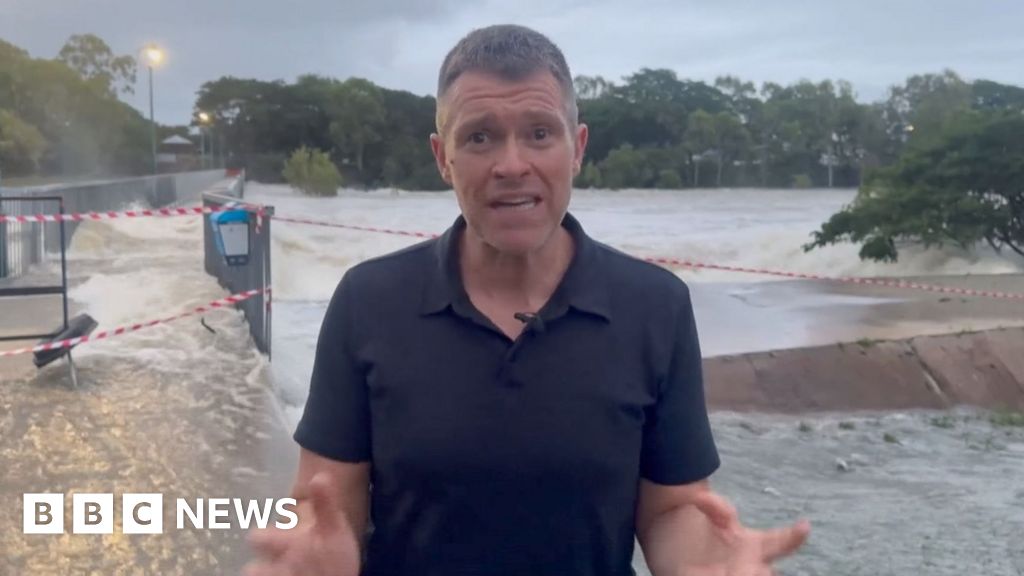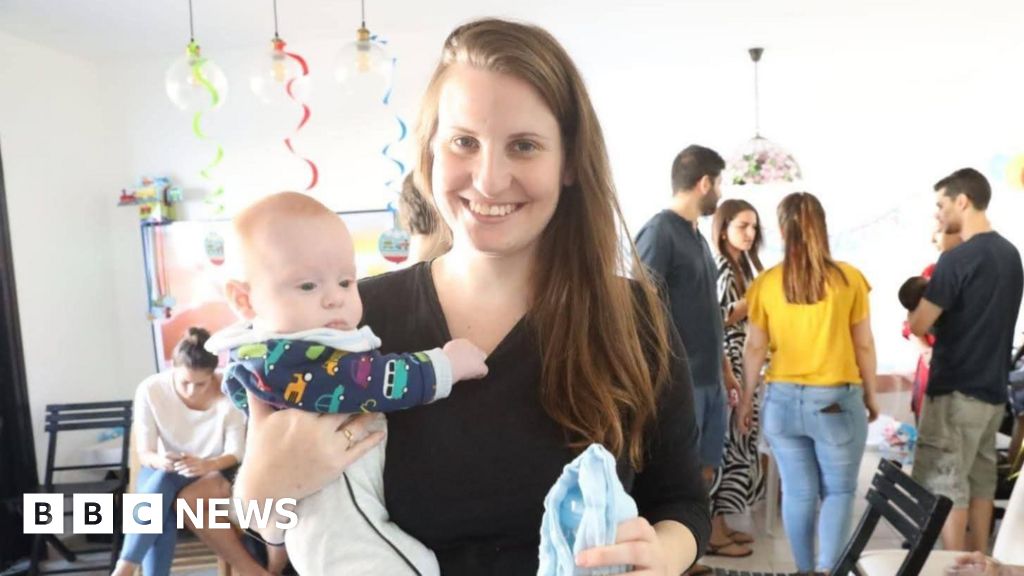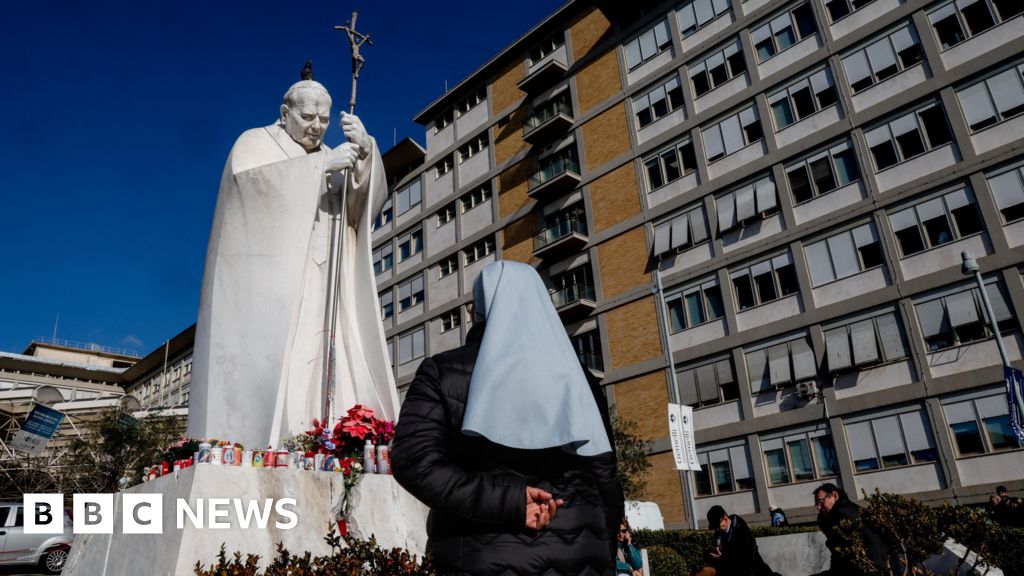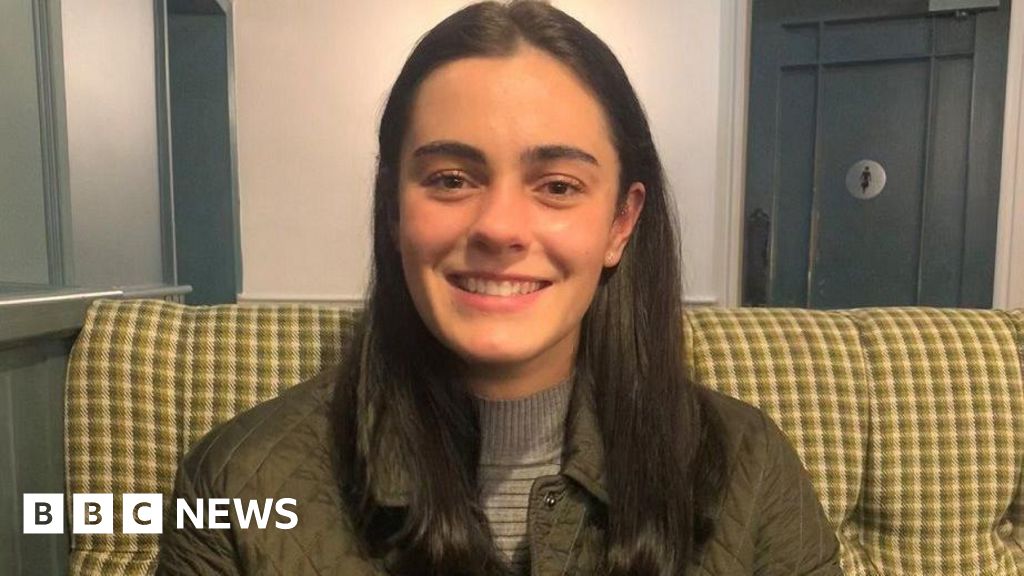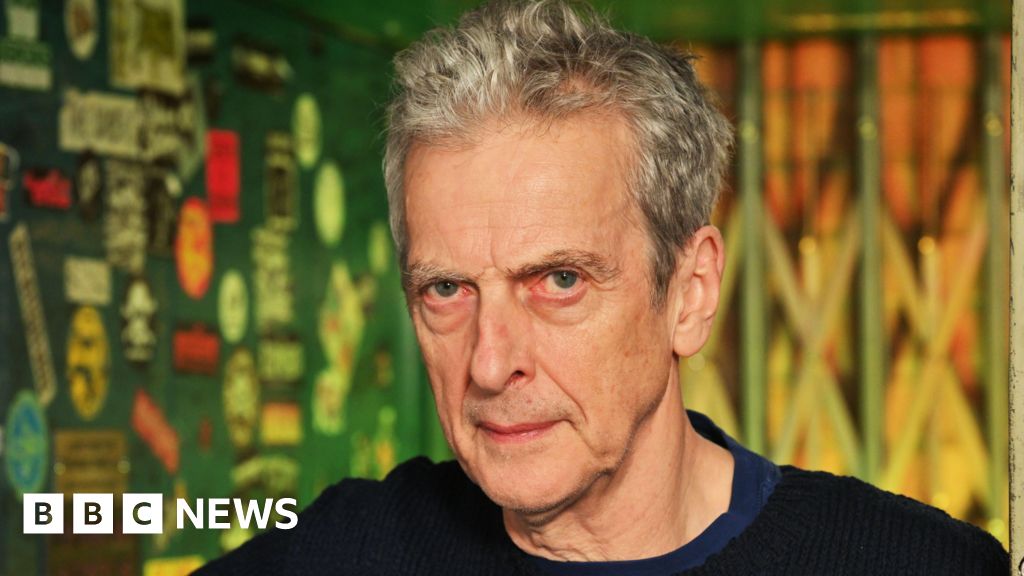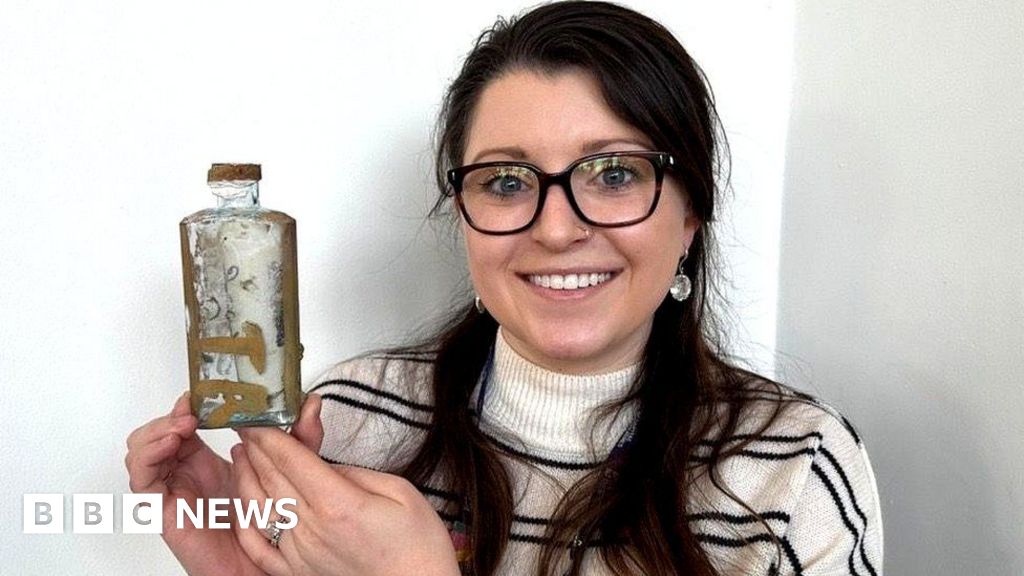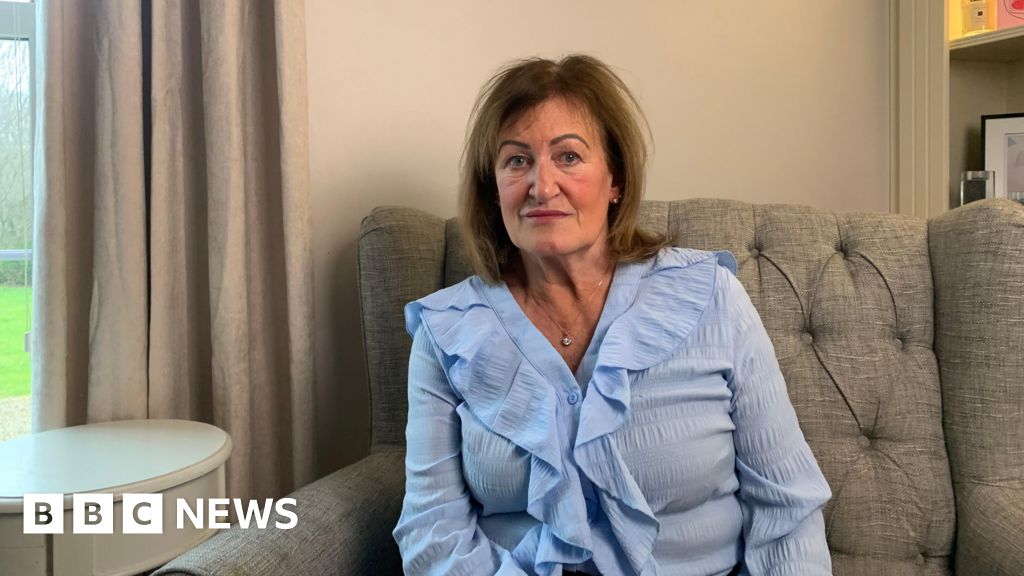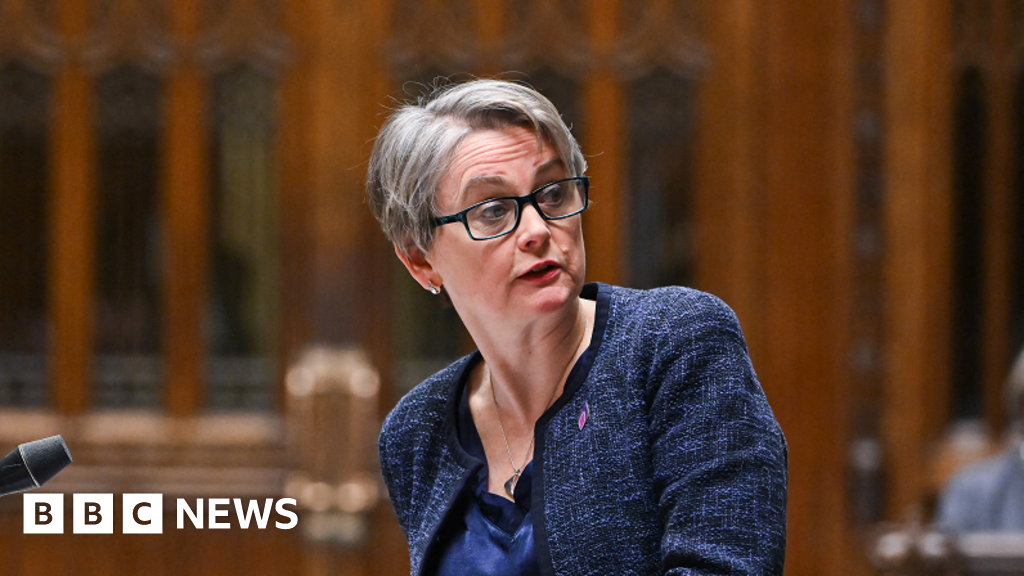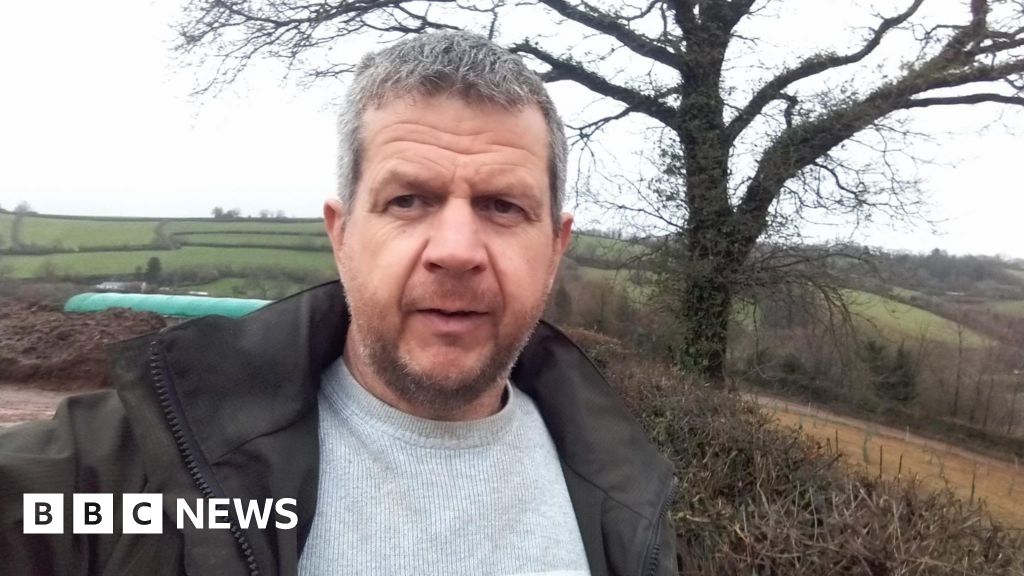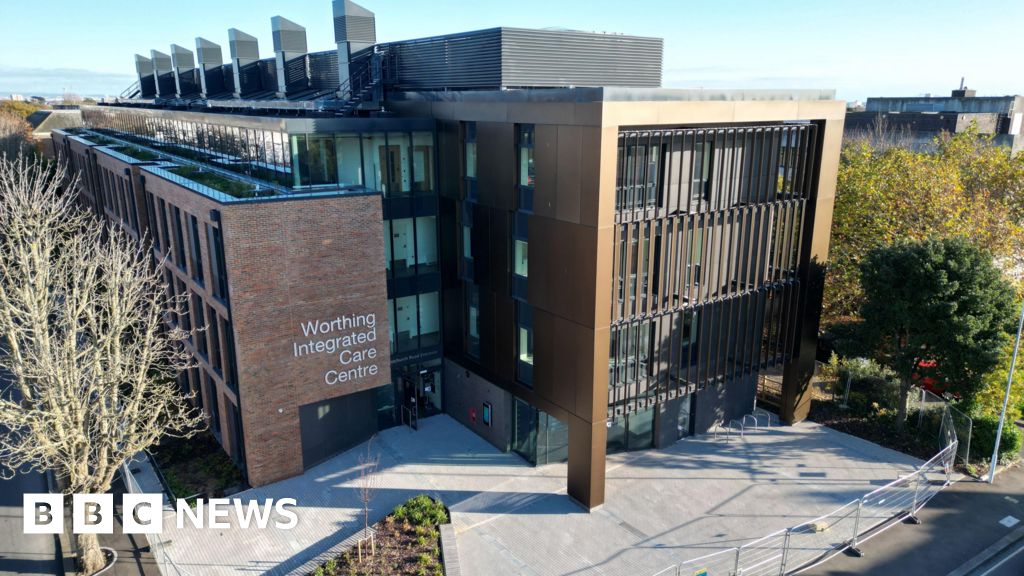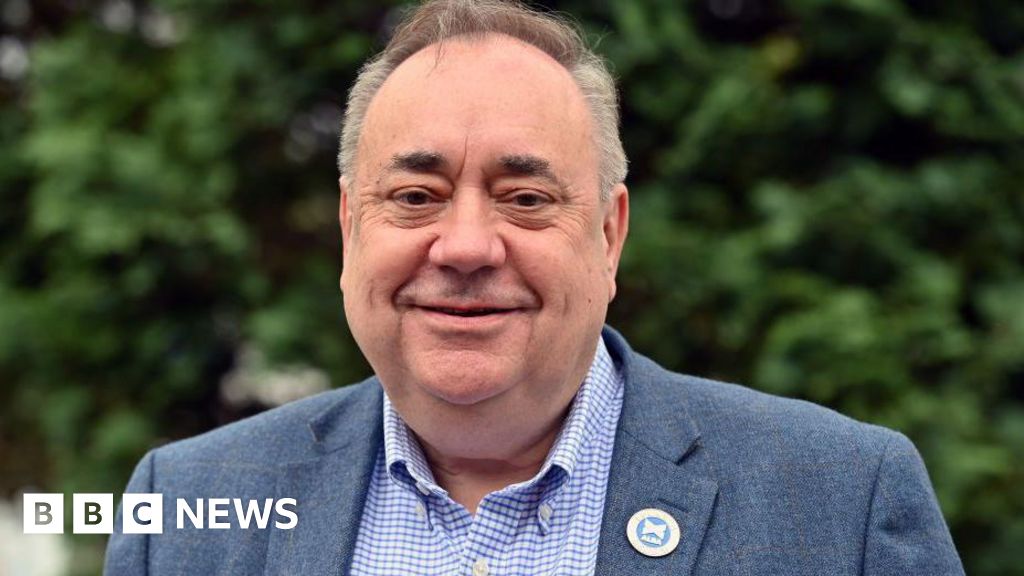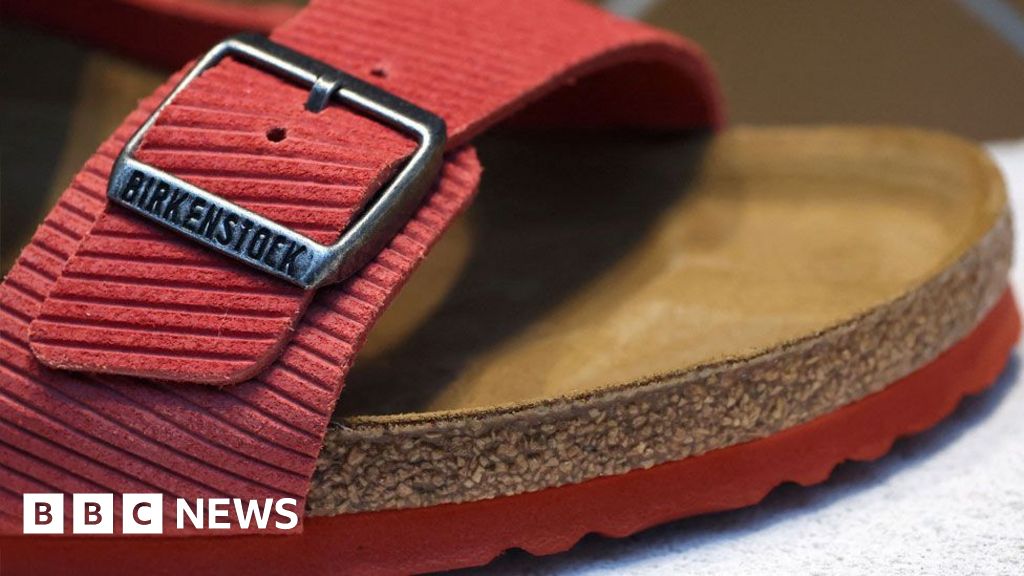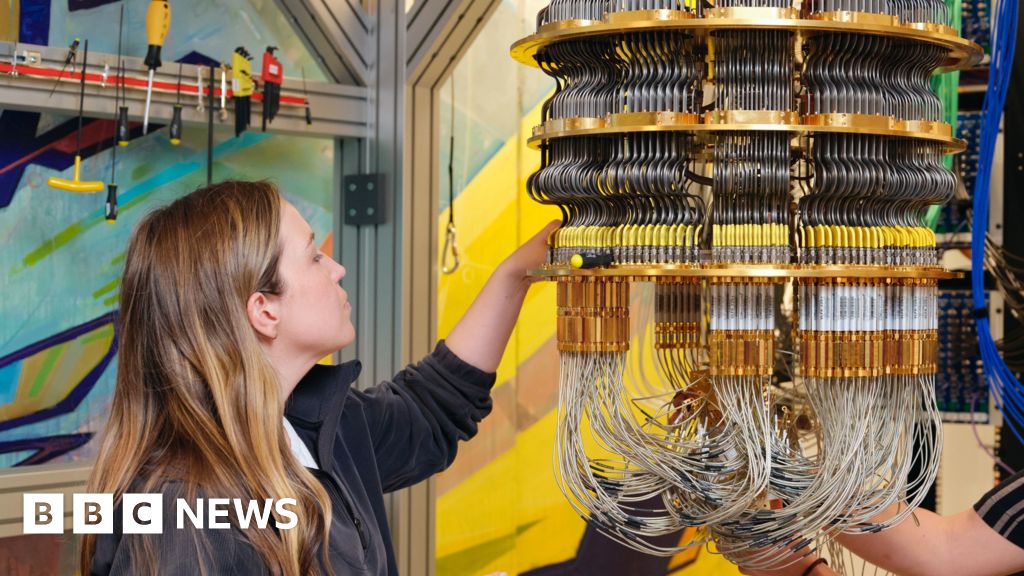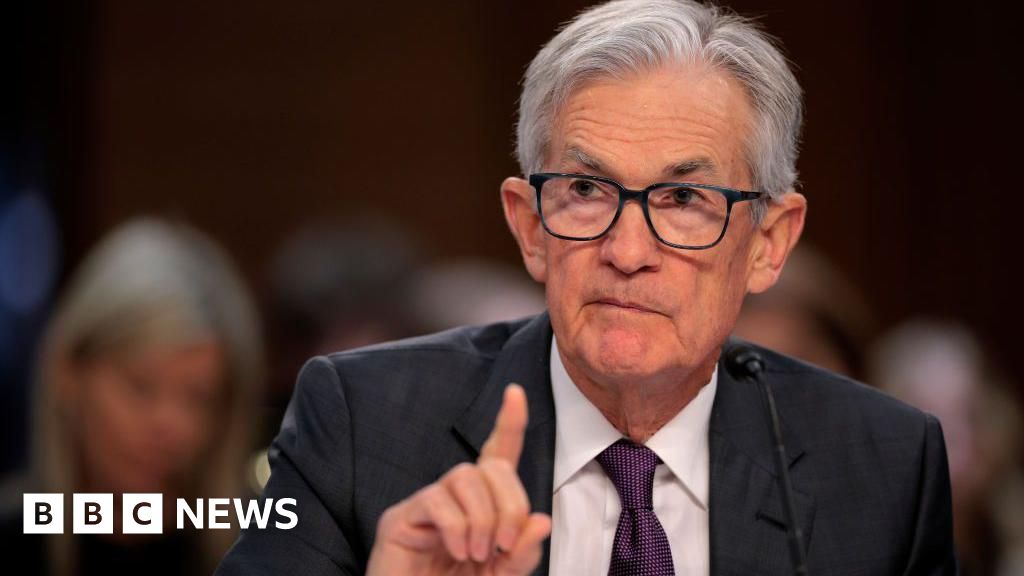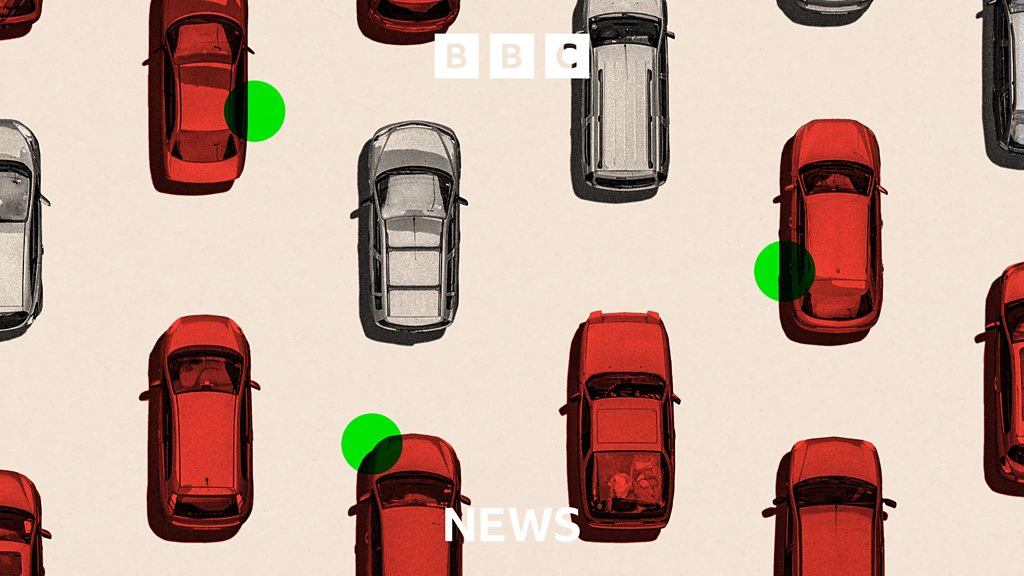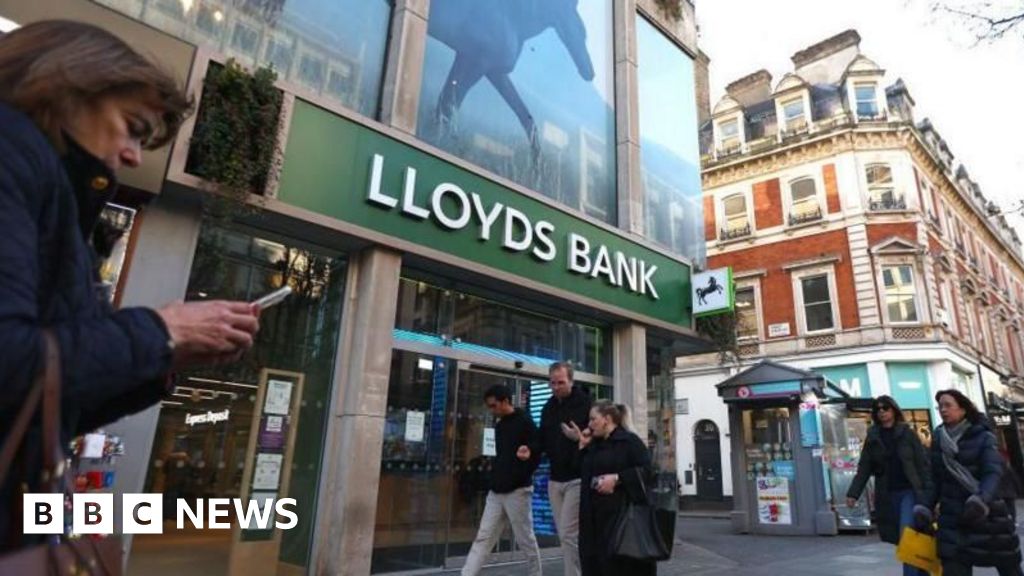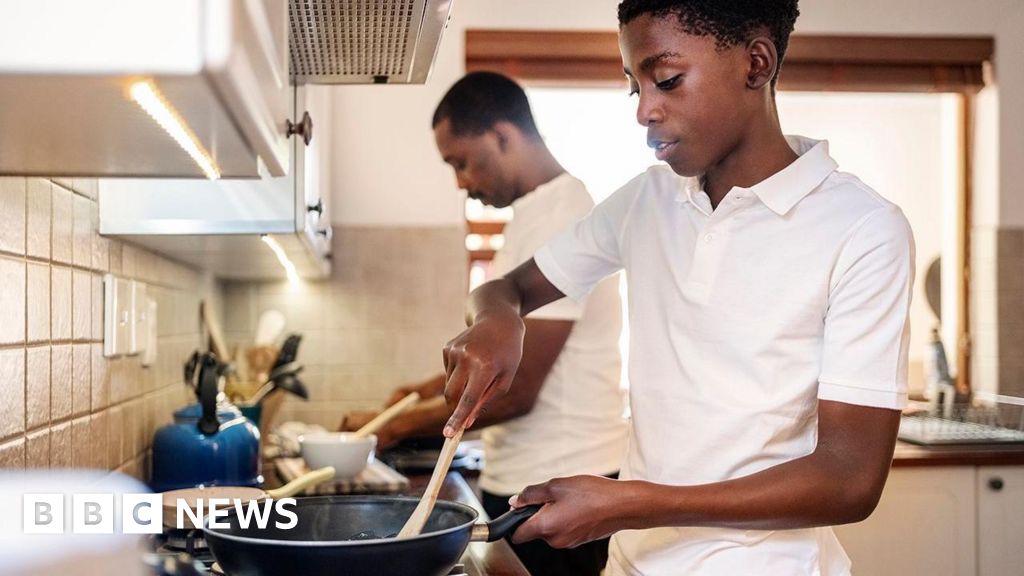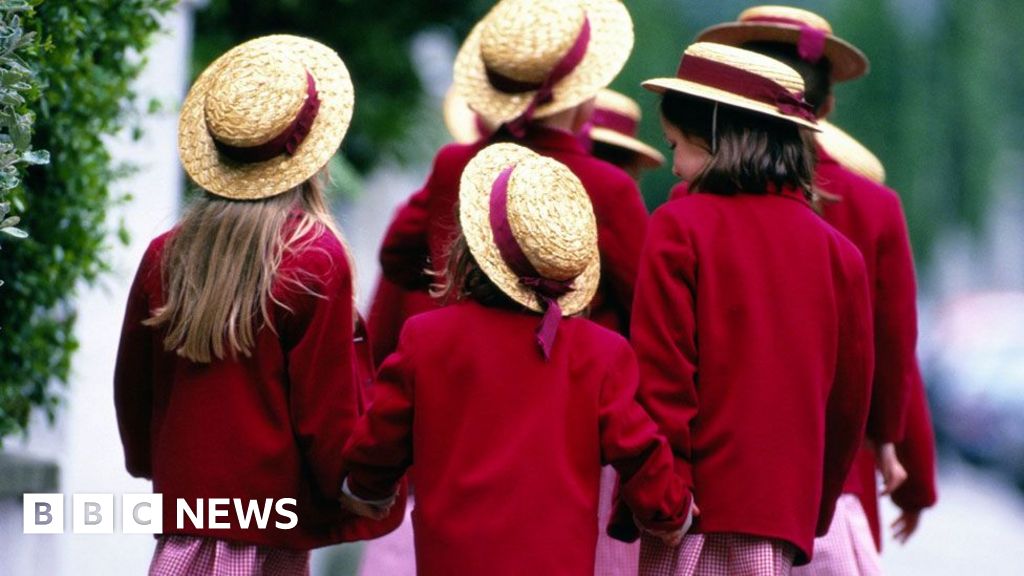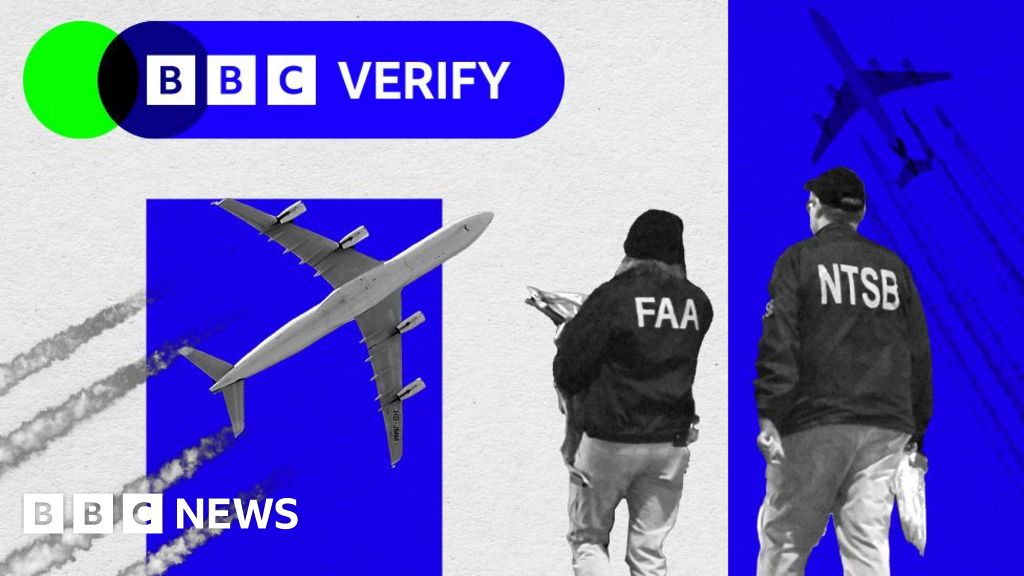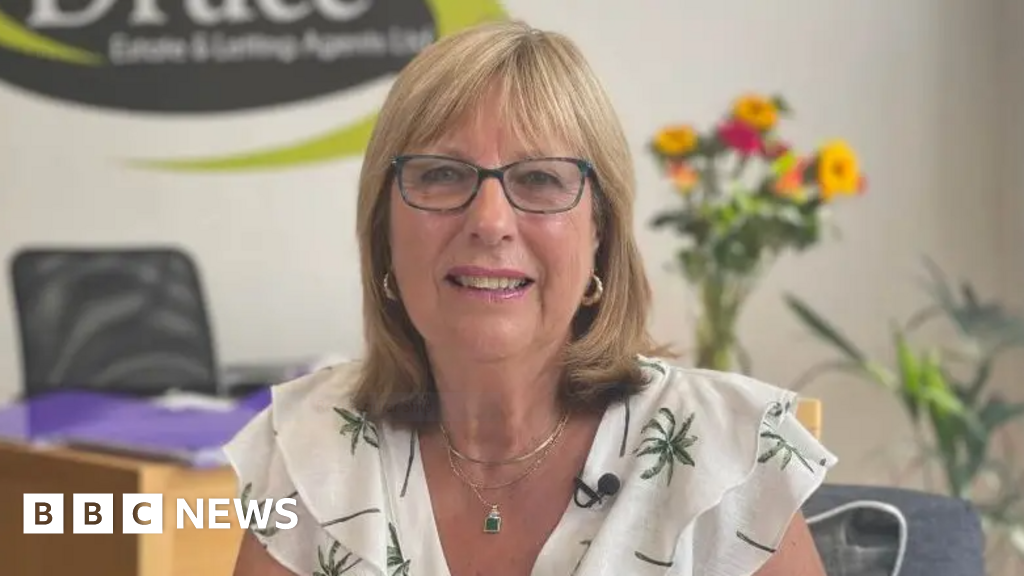BBC News, South West
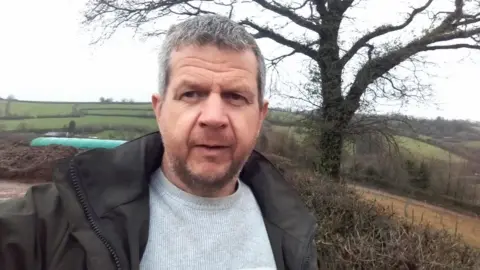 BBC
BBCA farmer said it was the worst day he could ever imagine as his 5,000 hens are set to be culled after an outbreak of bird flu.
Jerry Saunders, from Orchard Organic Farm in Stokeinteignhead, South Devon, said the family was “still reeling” after the Department for Environment, Food and Rural Affairs (Defra) confirmed two hens had the virus on Wednesday.
A 3km (1.9 mile) protection zone and 10km (6.2 mile) surveillance zone has been declared around Mr Saunders’ farm.
A Defra spokeswoman previously said compensation would be paid to any farmer for all healthy birds that have been culled for disease control purposes.
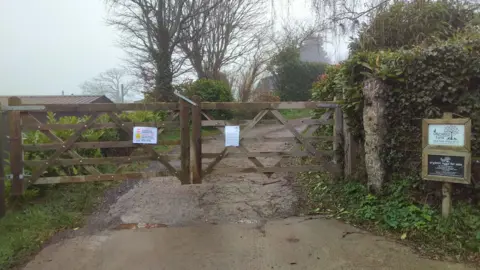
Last week, the BBC revealed almost 1.8m farmed and captive birds have been culled in the past three months because of the spread of avian flu across the UK.
Anyone keeping poultry or other captive birds within the two zones must keep birds housed and a record of all people who enter or leave the property.
Mr Saunders said he had suspected a couple of hens were unwell on Monday night and told Defra on Wednesday.
“It’s just the most hideous thing,” he said.
“We have 10 poultry houses full of lively hens and two of them have just got this disease and it’s gone through them so quickly, it’s devastating.
“I’m really shocked as to how virulent and horrible the disease is – it’s something we mustn’t underestimate.”
He said he believed the virus was brought on to the farm by seabirds.
“We work really, really hard to make sure our hens spend a lot of their time outdoors ranging around the orchards and farm and it only takes one seabird to defecate and that’s it – game over,” he said.
‘Risk is still there’
Mr Saunders said the business was “effectively gone as of today”.
He said there was £10,000 worth of eggs which would have to be destroyed along with food bins full of £5,000 worth of chicken food.
A few years ago, he said, the business was able to insure against some of the costs relating to bird flu but since the disease had become so common, insurers were reluctant to cover farms with free range birds.
Mr Saunders said the cost of a deep clean by Defra was more than the business could afford so the family would have to leave the farm in quarantine for a year.
Since they had bred the hens from one-day-old chicks and there was a range of differently aged birds, he said it would then take another year to reach near full capacity.
He said: “Why on earth would we go back for more when the risk is still there and it could happen again?”
The Defra spokeswoman said the department knew “the devastating impact bird flu has” and it had “acted quickly to cull all poultry on infected premises to stop the risk of the disease spreading and to protect Britain’s food security”.
She added: “Bird keepers must continue to look for signs of the disease, exercise robust biosecurity measures and report any suspected cases to the Animal and Plant Health Agency.”

